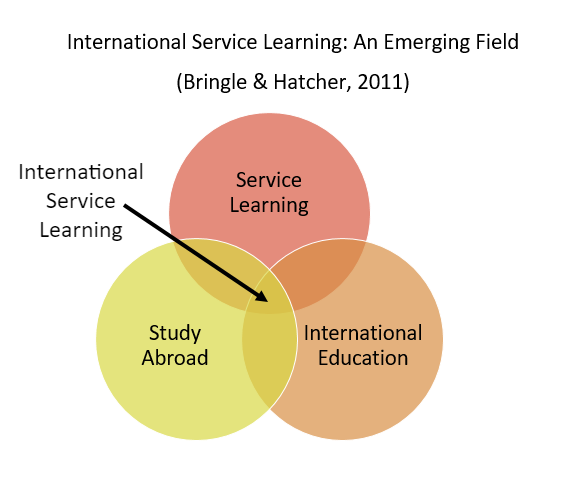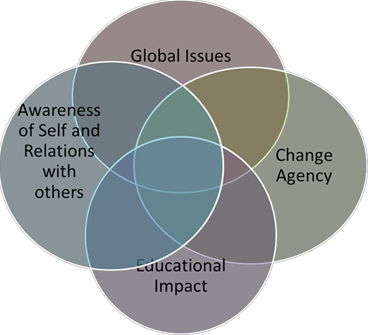International Service Learning (ISL) provides students with the opportunity to contribute towards important projects directly within the communities themselves as part of their coursework.
At ORICE, some academic courses and co-curricular programs may include an ISL placement. This is an immersive placement with a community partner to collaborate on a specific project that aligns with the course content as well as the organization’s priorities. ISL placement locations vary each year. In the past, we’ve worked with community partners in Costa Rica, Mexico, India, Kenya, Uganda, and even locally in Canada. ISL challenges participants to apply their discipline to real-world issues while aiming to make a positive impact in solidarity with their host organization.
ISL opportunities connect students and faculty from a diverse range of backgrounds, academic disciplines, and interests with community-based organizations across the globe. By engaging directly with issues related to poverty, disability, conservation, health, education, sustainability, and other important issues, students are able to better understand both the impacts of programs and interventions at individual and community levels, the potential and applicability of their academic discipline, as well as gain a better understanding of the challenges and successes involved in system change.
The diagram below demonstrates how ISL is more than just service learning in an international location; it is an interaction between these three domains.

ORICE Learning Outcomes
ORICE works in collaboration with faculty members to strengthen student learning outcomes in select courses by incorporating community based experiential learning pedagogy. In addition to the outcomes for a particular course (e.g. PSYC 417A), the ISL program has the following learning outcomes in place for all student participants.
- Awareness of self & relations with others
This involves an exploration of self-perceptions, as well as an examination of one’s social location, and the power of privilege that restricts one’s experience and engagement with others.
- Global issues
Critical analysis of the local and global context of a particular issue including an awareness of the complex network of actors and policies that shift or maintain global inequities.
- Change agency
Understanding of sustainable change as a collaborative/ participatory process. Interrogation of one’s own interpersonal and intrapersonal conflict resolution skills.
- Educational impact
Supports students in becoming subjects of their own education, clarifying life, and academic choices. Furthermore, it will deepen your disciplinary knowledge and its application.

Ethics of International Engagement & Service-Learning
ORICE has identified six key values through the Ethics of International Engagement and Service-Learning (EIESL) Project. We strive to enact these in all of our work with our students, instructors, and community partners.
- Intercultural Understanding
- Training and Education
- Sustainability
- Balance and Reciprocity
- Motivations
- Witnessing and Observing